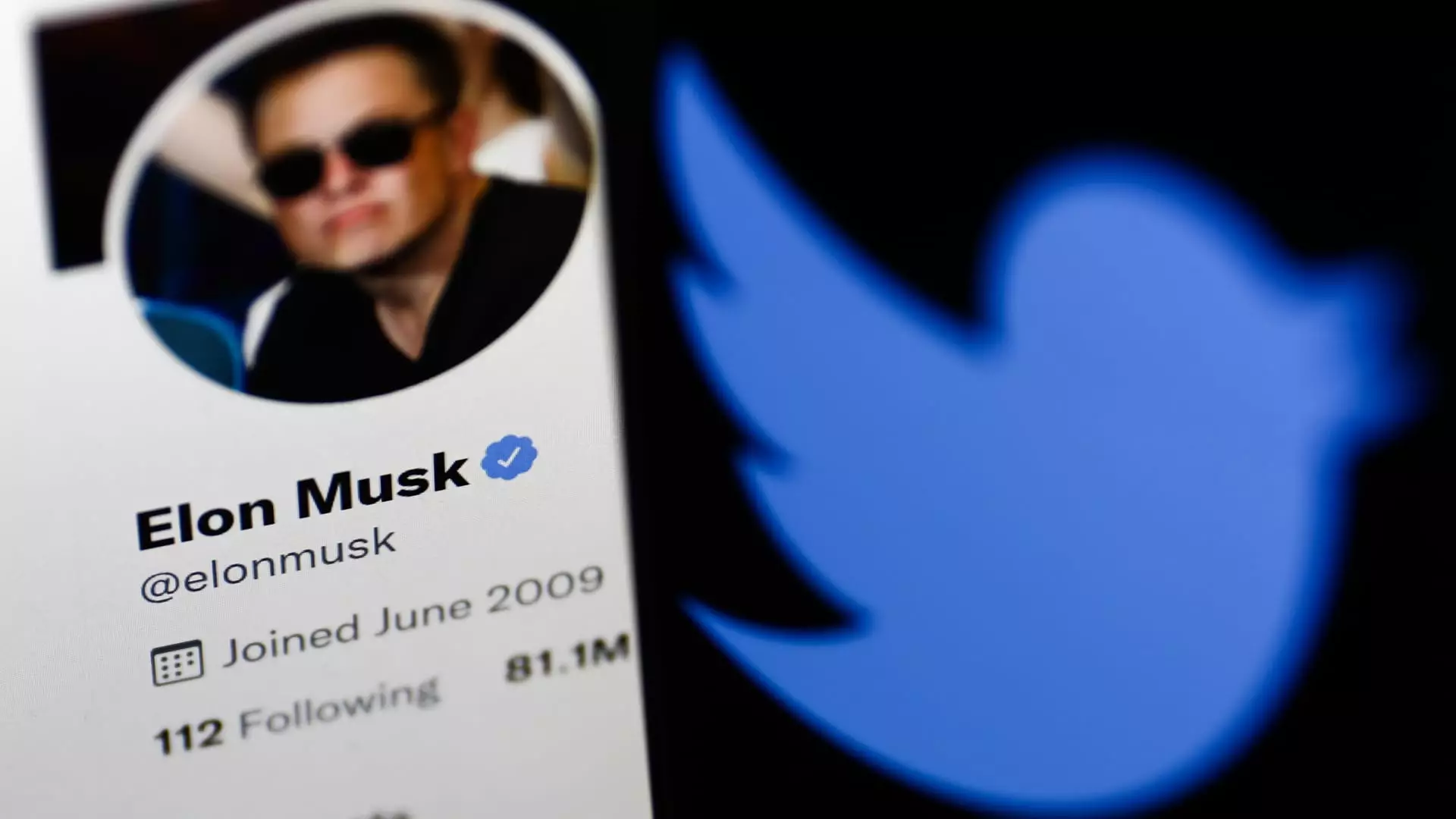In the tech world, few names command as much attention as Elon Musk’s, a figure synonymous with innovation and disruption. However, a recently allowed class-action lawsuit, Rasella v. Musk, brings to light not only the man’s financial prowess but also a daunting lack of accountability. A federal judge’s ruling that the case can proceed signals a pivotal moment for both Musk and his family office, Excession, as former Twitter shareholders accuse him of inflating the market through calculated obfuscation. The lawsuit centers on the allegations that Musk woefully mismanaged disclosures regarding his Twitter stake, resulting in shareholders selling at artificially depressed prices. The implications of this case could extend beyond Musk towards a reevaluation of ethical practices within the high-stakes realm of tech entrepreneurship.
Details of the Allegations
The core complaint stems from an allegation that by failing to properly disclose his growing stake in Twitter within the mandated timeframe, Musk misled market participants. They argue that the negligence resulted in significant financial losses, particularly for the Oklahoma Firefighters Pension and Retirement System, among others. The assertion that shareholders sold off their Twitter shares at reduced prices while Musk clandestinely accrued stock paints a portrait of a market manipulated by a high-profile figure operating outside the bounds of ethical responsibility. What becomes increasingly troubling is the notion that an individual with such pronounced influence over public perception could wield their power to distort market realities.
Judicial Insight: A Call for Accountability
In his 43-page ruling, Judge Andrew L. Carter underscores a stark reality: Musk’s failure to inform the market about his intentions arguably sent misleading signals—an action that has the potential to be classified as securities fraud. Particularly disturbing is the revelation that in tweets, Musk misdirected attention away from Twitter, further obscuring the truth of his investments. It’s a striking juxtaposition; the very platform that empowered public conversation became a tool for misdirection. Judge Carter’s observations paint a clearer picture of Musk’s activities as “material misleading representation,” forging a narrative where Musk’s ambition could be seen as bordering on deceitful, raising ethical questions about the obligations of high-powered executives to their shareholders.
Musk’s Public Persona vs. Corporate Ethics
The intricacies of Musk’s business dealings challenge the very nature of corporate governance. How can a figure renowned for championing radical innovation simultaneously engage in practices that suggest a blatant disregard for transparency? The ruling sets a precedent that could embolden other investors to scrutinize executive behavior, championing a market that demands accountability. The dissonance between Musk’s public persona as a trailblazer and this emerging narrative of financial impropriety exposes the troubling dichotomy of business in the digital era—where perceptions can be meticulously curated, yet the realities may offer starkly different truths.
Broader Implications for the Tech Industry
This lawsuit is not just a story about one individual but rather a reflection of the current state of the tech industry, increasingly characterized by its lack of regulatory oversight combined with outrageous market behaviors. Similar scrutiny by the Securities and Exchange Commission further complicates Musk’s narrative, hinting at systemic issues within the realm of tech luminaries mismanaging their colossal influence. The impacts could resonate through Wall Street, prompting amplified regulatory measures for transparency in disclosures. The ongoing legal proceedings challenge not merely Musk’s own practices but also the broader ethical landscape in which tech corporations operate.
The Future of Musk’s Ventures
As Musk’s business interests extend into ventures like xAI and a potential merger with the renamed Twitter—now X—the repercussions of the current lawsuit could ripple throughout his corporate empire. How would this scrutiny shape his strategy moving forward? Could the mounting legal challenges provoke Musk to recalibrate his approach, wary of the powerful spotlight now cast on methods that were once largely ignored? The fusion of technology and finance is inherently filled with risks, and Musk’s story may serve as a cautionary tale for future magnates about the importance of upholding integrity amidst ambition.
In a world increasingly leaning toward ethical accountability, Musk’s situation epitomizes the ongoing battle between innovation and corporate ethics. The outcome of this lawsuit bears promising implications for shareholders and purchasing audiences alike, questioning whether the current business paradigm can withstand the demands for transparency.


Leave a Reply